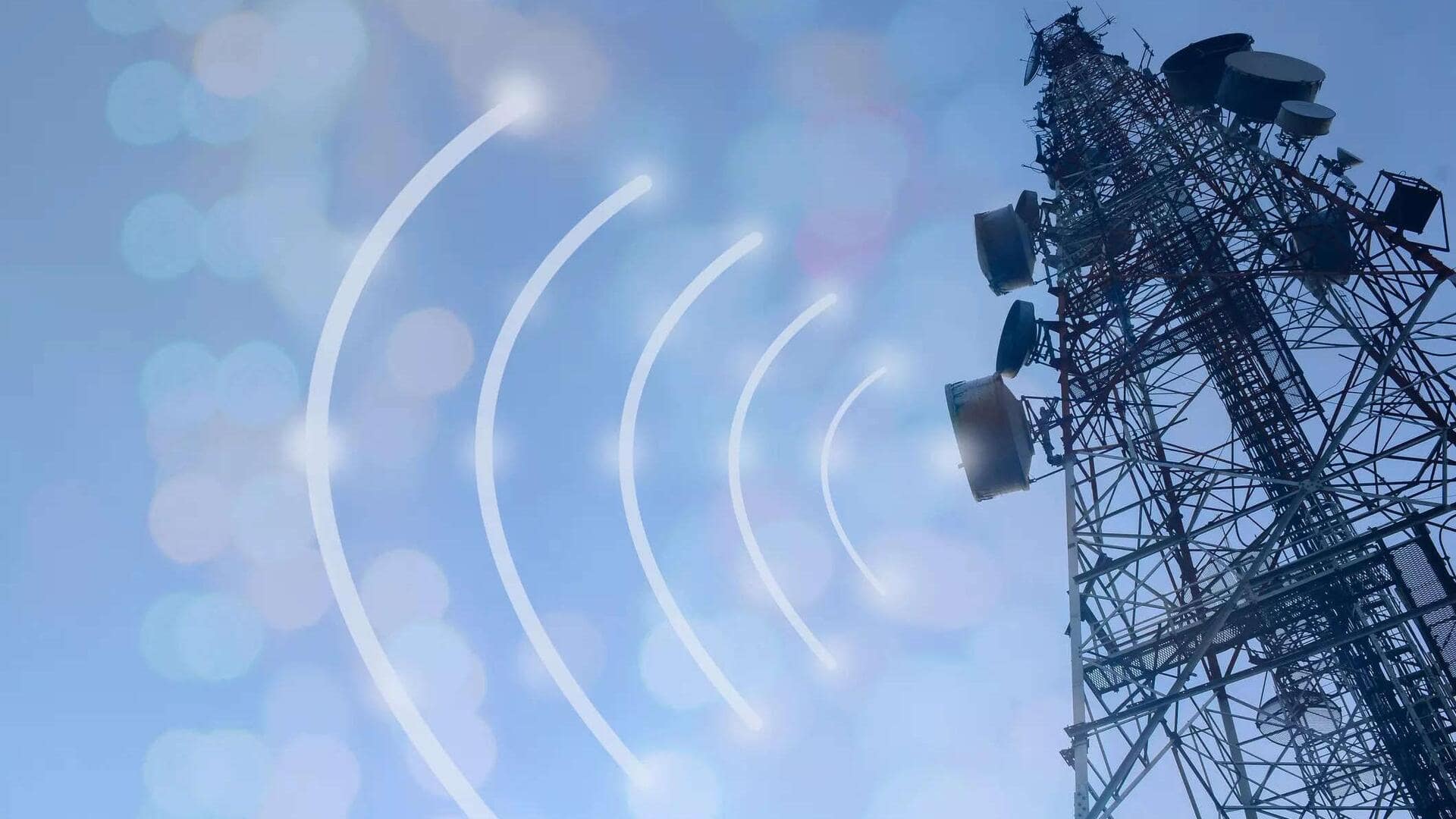
Centre to partially implement new Telecom Act from June 26
What's the story
The Indian government has partially implemented the new Telecommunications Act, set to take effect on June 26.
This replaces the Indian Telegraph Act, a law that has been in place for 138 years.
The notification stated, "The Central government hereby appoints the 26th day of June 2024, as the date on which the provisions of sections 1, 2, 10 to 30, 42 to 44, 46, 47, 50 to 58, 61 and 62 of the said Act shall come into force."
Extended jurisdiction
New act extends rules to offences committed outside India
The new Telecommunications Act retains many provisions from the old Telegraph Act but extends its rules to cover offences committed or contraventions made outside India.
The legislation focuses on user protection, right of way reforms, and optimal spectrum utilization.
It also allows for interim government control of telecom services in the interest of national security.
User verification
Biometric identification mandated for new telecom connections
The new Telecommunications Act mandates telecom operators to use verifiable biometric identification (Aadhaar) for new SIMs/connections.
The legislation also states that while auction is the preferred mode for assignment of spectrum, administrative processes can be used for public interest purposes.
These include Metro, Community Radio, Broadcasting; government functions such as Defence, Railways, Police; and cases where auction is not preferred due to technical or economic reasons.
User protection
Telecommunications Act introduces user protection measures
The Telecommunications Act introduces measures to protect users from spam and malicious communications.
It also paves the way for non-discriminatory and non-exclusive grants of right of way for telecom network roll-out.
Furthermore, the act empowers the central government to establish common ducts and cable corridors, enhancing infrastructure for improved service delivery.
Fund renaming
Universal Service Obligation Fund renamed under new Act
Under the new Telecommunications Act, the Universal Service Obligation Fund (USOF) will be renamed as Digital Bharat Nidhi.
The fund's scope has been expanded and it can now be used for research and development and pilot projects, not just supporting telecom services in rural areas.
This change signifies a broader approach toward digital development in India.
Act enforcement
Certain provisions of new act effective from June 26
Sections concerning the government's powers to suspend telecom services and intercept communications in the interest of national security will come into effect from June 26.
Also, provisions regarding offences related to unlawful interception, creation of regulatory sandboxes, and duties of users will be enforced.
However, some sections like those related to implementing Right of Way for telecom network and infrastructure are reliant on the notification of rules and regulations, will be notified later.